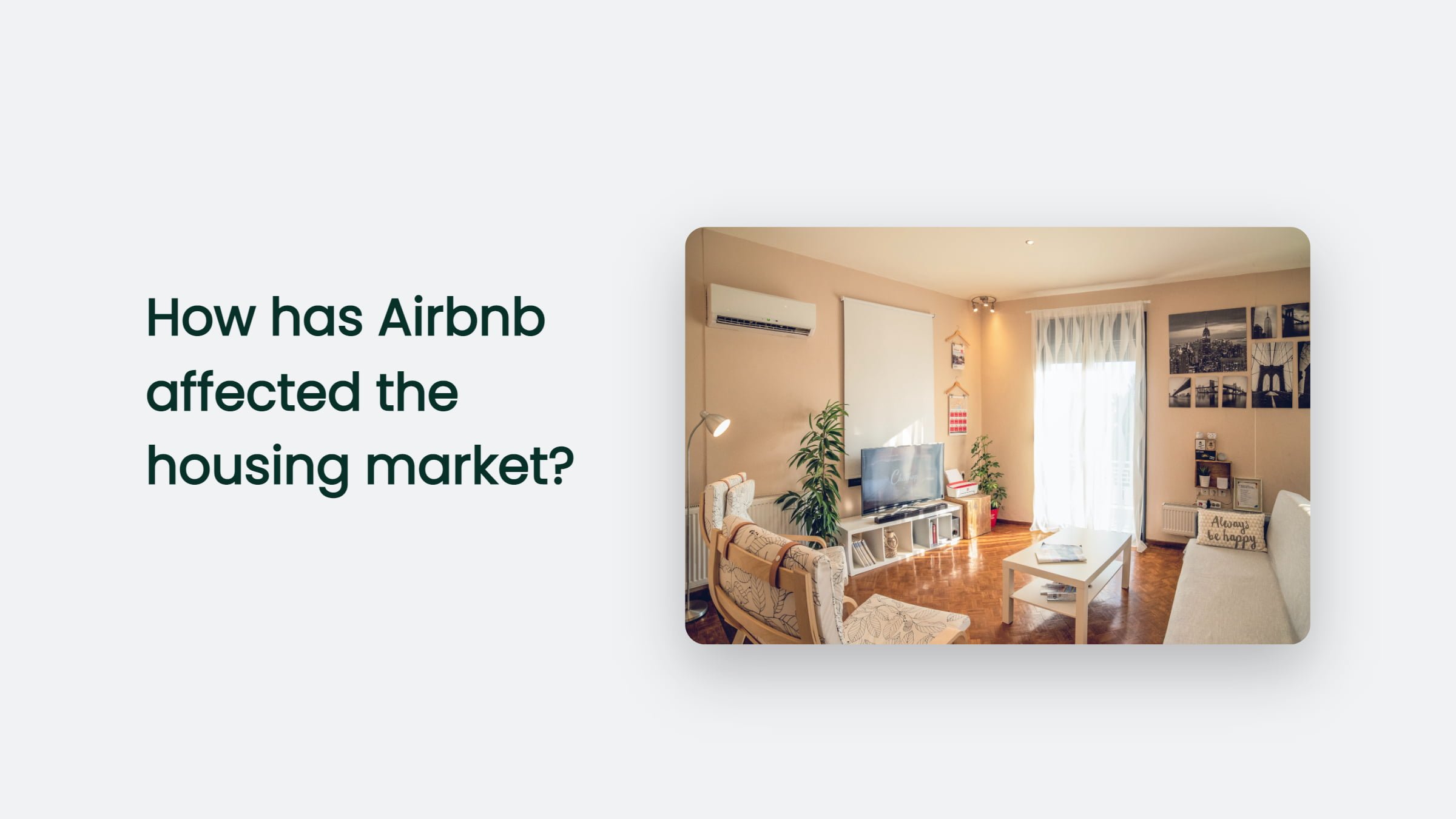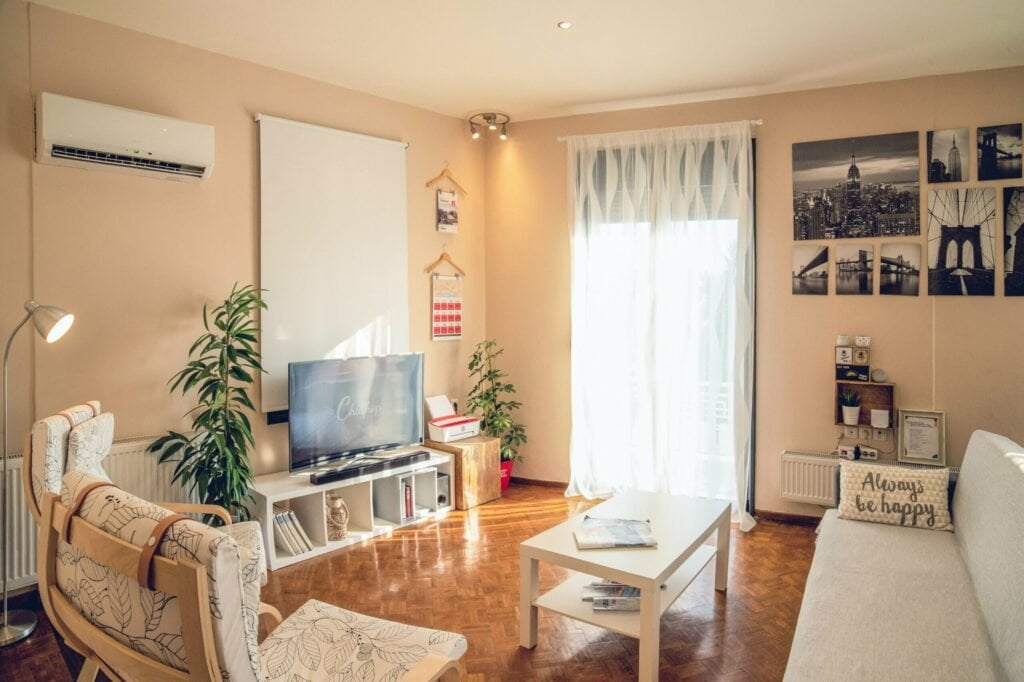How has Airbnb affected the housing market?
It is a question that many people are asking as the popular home-sharing platform continues to grow. There are several factors to consider when looking at this issue, and it’s a challenging question to answer.

The rise of Airbnb and other home-sharing platforms
The growth of home-sharing platforms such as Airbnb can be seen all over the world. These platforms have quickly become the go-to vacation rental solution, and they are hugely popular with travellers on a budget looking for affordable accommodation options.
While primarily used by leisure travellers, Airbnb has also proven popular among business travellers due to its flexibility and convenience.
Airbnb’s success indicates that we now live in a sharing economy where traditional travel models have had to adapt to keep up with customer demand. The company has shown itself to be at the forefront of this shift and will likely continue to fuel this trend.
How Airbnb has changed the way we think about travel
Airbnb has revolutionized the way we view travel. Freed from the constraints of a traditional hotel stay, people can now choose to rent private properties, ranging from a small studio apartment to an entire villa, no matter their budget.
Now travellers can access unique experiences such as crashing at a cosy watermill in France or spending the night in an igloo in Switzerland.
On top of this, Airbnb also implements community standards and offers significant discounts to build loyalty among frequent guests. In short, Airbnb’s innovative approach has opened up a world of possibilities for travellers around the globe. It will continue breaking traditional hospitality barriers for years to come.
The impact of Airbnb on the hotel industry
In recent years the sharing economy has rapidly expanded, particularly with the rise of companies such as Airbnb, which allow people to rent their home or a private room to make extra money.
It has had a knock-on effect on the hotel industry, which faces stiff competition from private individuals looking to capitalize on the boom in travel.
Customers now have many more options when searching for accommodations during their trip; some can even opt for an experience that feels like owning their property. Both benefits and consequences are associated with this disruption; however, while hotels may lose out on some travellers, they can also gain additional publicity through platforms such as Airbnb.
Overall, while it is difficult to determine the full extent of Airbnb’s impact on the hotel industry, it is clear that change is just beginning.
The potential for Airbnb to disrupt the traditional housing market
Airbnb has emerged as a disruptive force in the traditional housing market, enabling people to rent their homes or rooms to visitors seeking accommodation quickly. Its rise has been a boon for hosts and guests as they benefit from more affordable lodging arrangements and expanded options for finding a place to stay.
Moreover, Airbnb’s presence has led to increased competition within the lodging industry, allowing consumers more excellent choices when determining their ideal residential setup. As the company continues its expansion, it is poised to revolutionize many aspects of how we perceive the traditional housing market.
The pros and cons of investing in an Airbnb rental property
Investing in a rental property through Airbnb can be a beneficial move for the right individual. On the plus side, there will usually be minimal upfront costs required, as most properties are available to rent fully furnished.
Additionally, many properties tend to have high occupancy rates and thus have a more reliable cash flow than other real estate investments. However, there may be high associated costs for maintenance and turnover between guests. Moreover, privacy issues could arise, and unexpected expenses could occur due to unforeseen problems with the property or its condition.
Ultimately, investing in Airbnb rental properties is an attractive option for those looking for an income-producing asset with minimal upfront investment and potential liquidity; however, investors must weigh the potential risks before making any decisions.
The Bottom Line:
Investors should proceed cautiously and research before investing in an Airbnb rental property. While Airbnb has disrupted the travel industry in many ways, there are still some concerns about its long-term viability. Only time will tell if Airbnb can continue to grow at its current rate and whether it will significantly impact the traditional housing market.




